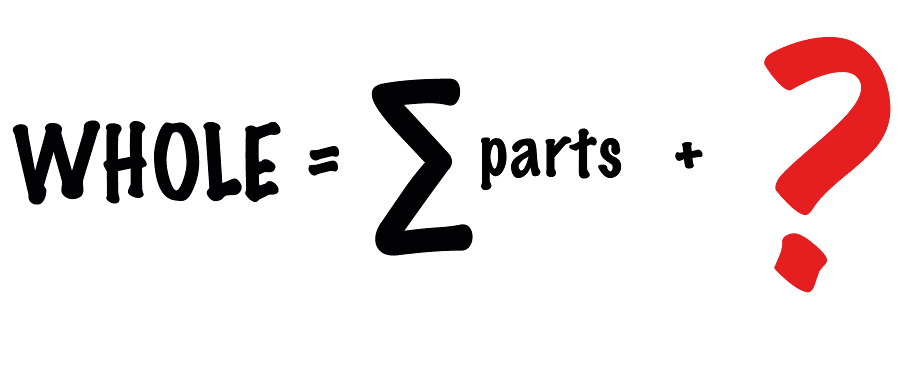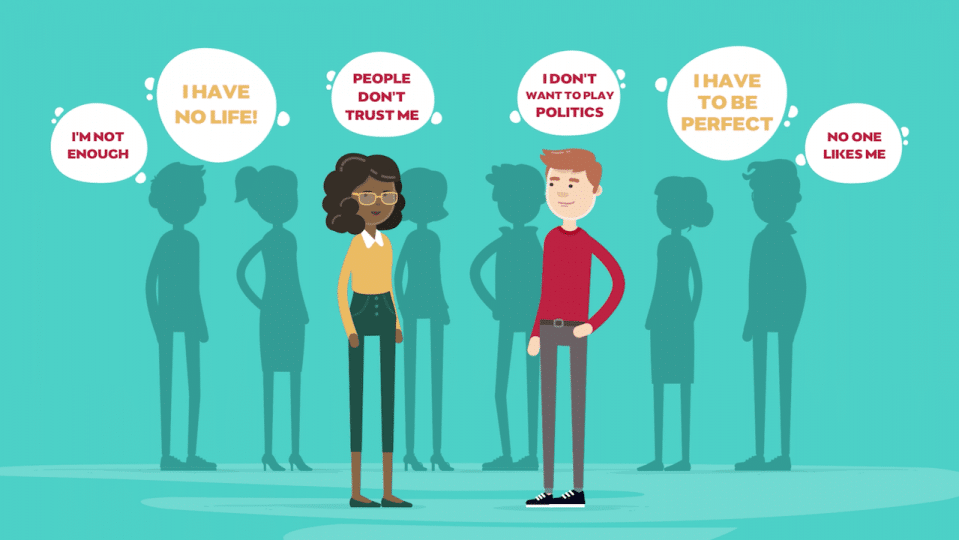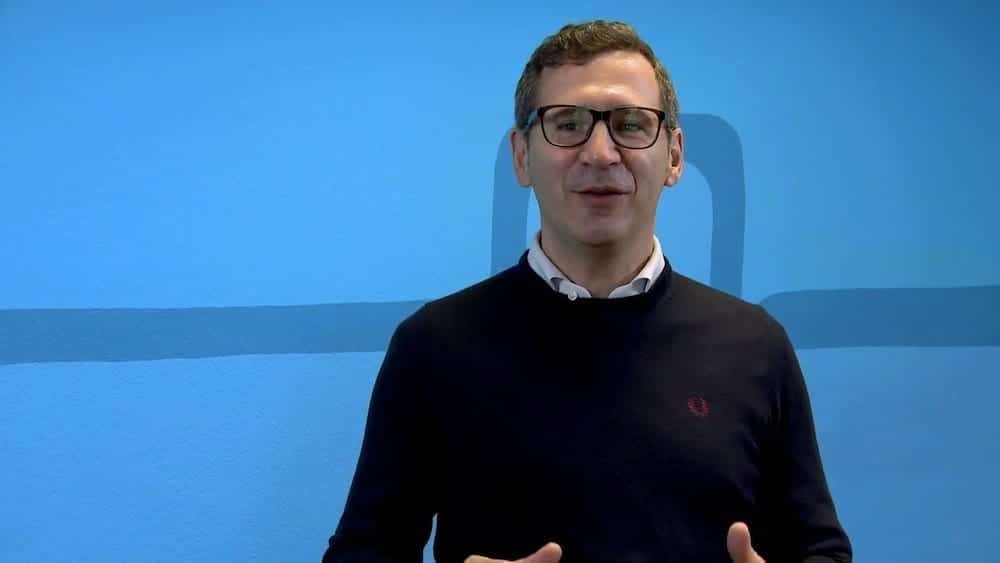Team Building has become a common practice due to an undeniable truth: Collaboration is the key to success. That’s the buzz the Harvard Business Review created in “Collaborative Overload” where they revealed, “…the time spent by managers and employees in collaborative activities has ballooned by 50% or more in the past 2 decades.” In the race to get better, faster and more meaningful results, business leaders are taking their queue from scientific studies; teams are better than individuals at problem-solving, rapidly innovating, and creating improved end results (American Psychological Association, 2006). Collaborative advantage yields competitive advantage.
Teamwork is the new normal in the corporate world. Leaders need to adapt their approach to this changed dynamic.
The benefits of teamwork are irrefutable, yet the management of teams can be a bit murky. The promised collaborative advantage isn’t always materializing. It’s a knee-jerk reaction of most leaders to “fix,” reward, support or encourage their group with team-building activities. Off-site and free from the pressures of work, co-workers cook together, rappel down chasms, make it out of an escape room, or dart blindfolded through mazes, accompanied by their “trust guide”. After a team-building exercise, you can observe some meaningful short-term benefits including:
- Enhanced relationships among employees
- Increased morale
- Improved communication
Team-building exercises can feel like a group vacation from work, infuse some fun into a routine working environment, and make team members feel valued. But can they put an end to long-standing systemic problems that hold the group back? Can one “good day” of team-building fun erase counter-productive habits of the group and individuals and replace them with more productive ones?
How do you transform the workplace into a growth environment?
Most employees notice an increase in productivity and motivation after an event or night out, but the dynamics can quickly revert back to business as usual. When the team event hangover wears off, the same old issues are still holding your team back from peak performance.
If a company wants to outstrip its competitors, it needs to influence not only how people work but also how they work together. (Google study, NYT 2/28/16).
To create lasting, measurable and meaningful results in communication, motivation, and productivity, you may want to hold off on the team-building event and consider what we call Integrated Team Development.
Integrated Team Development is a multi-touch (think: one-on-one meetings and group discussions), systematic approach to creating teams that are stronger in relationship and work capacity. It cultivates higher-quality results in an environment that is healthier, more collaborative and more productive.
In short: Integrated Team Development addresses the underlying issues that limit performance, cohesion, and creativity.
Integrated Team Development uncovers areas of “stuckness” around communication, workflow, and relationships. Often, these issues are routinely ignored or labeled as unsolvable. They consistently debilitate the team and detract from more ambitious achievements and must be addressed for the team to reach its highest potential.
There is no cookie-cutter solution for teams to gel. Individuals are complex beings. When multiple individuals work together, the complexity of interpersonal relationships increases manifold. The widely publicized Google study answered many questions about optimal performance and member participation, yet did not garner a definitive “checklist” for creating the perfect team. While researchers are getting closer, there’s no magic bullet for superlative teamwork. What we do know is that it goes much deeper than a night out in the escape house.
We have found the most profound results examine the two most important aspects of group collaboration: tasks and relationships.
Improving the task side of collaboration helps team members increase clarity in process and project-based functions. This can include, but is not limited to:
- Clarifying and rallying around a shared sense of purpose
- Specify resulting goals and priorities
- Defining and coordinating roles (formal roles as well as informal)
- Agreeing on team guidelines
- Assessing norms around decision-making
Team coaching focused on the task side of collaboration helps the team unravel and eliminate many logjams based on assumptions, misunderstandings, or lack of process. It can also cut down on micromanaging and lighten the load for team members who feel they have been overburdened with work and responsibility (see “extra miler” in HBR article). Reassessing and reorganizing the work systems allows everyone to sharply focus on the work itself. Confidence and cooperation are significantly increased when everyone is working from the same playbook. Getting worthwhile results with task-focused discussions is not without its challenges, but it’s obvious that working through the rough spots will pay dividends on a personal and professional level.
With the task-focused issues explored and resolved, it may seem like the team is firing on all cylinders and Team Development coaches can pack up and go home. Yet our experience highlights that there is even more potential, more learning, and more growth that can make a weak team stronger and a strong team unstoppable.
We find hidden potential in each of the individuals on the team.
We’ve all heard the old adage, a team is only as strong as its weakest link. While this may be true, it’s helpful to flip that statement and realize that the stronger each member becomes, the potential of the team gets exponentially larger. This increased strength comes from mental and emotional awareness on an individual level. Growth and maturity of the team are directly related to the growth of each individual team member. This is an important principle to apply if you wish to have a healthy, dynamic, high-quality team.
We believe that for teams to grow, team members must grow as well. Such individual increase in self-awareness, social attunement and relational skill sets up teams for new levels of collaboration – and success.
Team development coaching also brings attention to the relational side of collaboration by exploring the questions, “What do we need from each other?”, “How can we support each other best to accomplish our shared goals?”
The focus here shifts from improving how a team organizes their work to how team members organize and support their relationships to do the work.
It’s important to ask “did we accomplish what we set out to do?” But there are other questions; “Did we enjoy doing the work? Did we learn from it – as a team, organization, and individually?”
Relationship-focused coaching encourages and supports the individual’s success. The insights gained in this coaching, in addition to effectively optimizing tasks, goals, and processes, is the most balanced approach to developing a harmonious, mature, highly productive team – hence our branding Integrated Team Development.
Teams can’t grow without trust and psychological safety. Relationship-focused coaching encourages personal development and creates supportive relationships at work. We discuss the difficult topics that are swept under the rug; the ones that are holding you and your team back from reaching the highest levels of success. Fostering safe conversations around interpersonal relationships and personal progress allows each individual to achieve meaningful results that have a direct effect on the entire team.
The two-pronged approach – where team development focuses on both the task and the relational side of collaboration – works best over a few months, with multiple group and individual coaching touch points. (And systemic team coaching is the most consequential approach to support the team holistically.)
The effort that the team makes to collaborate in a more astute, progressive and mature way is a self-fulfilling prophecy. The more they experience issue resolutions, progress on a personal and team level, and productivity and performance climbing higher and higher, the more the groups want to do the hard work of ironing out the wrinkles of the team dynamic.
Over time, with careful steps toward success, deliberate progress is made through:
- Initial intake surveys and confidential need assessment interviews
- One-on-one coaching with select or all team members
- Tailored, interactive team offsite(s) (and, yes, it could be accompanied by cooking or a hike or an escape house)
- Team and individual accountability challenges that support collaboration and solidify the positive changes in team dynamics
- Follow-up coaching / workshops
Integrated Team Development zeroes-in on the main issues that hinder teams from creating even more success than they see right now. Sometimes the discussions get emotionally challenging. Sometimes there is resistance to change, fear of confrontation, power struggles and other obstacles to harmony in the relationships of the team. Our supportive, understanding and experienced approach allows everyone to be heard, to grow and to celebrate personal and group achievements.
Which conversations would be beneficial for your team?
Assess how your team is doing vis-a-vis 12 behaviors essential to high-performance-teams.


